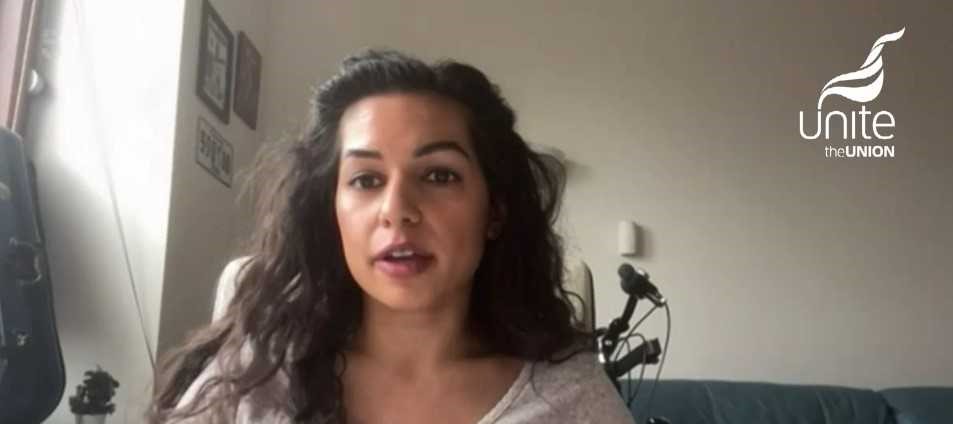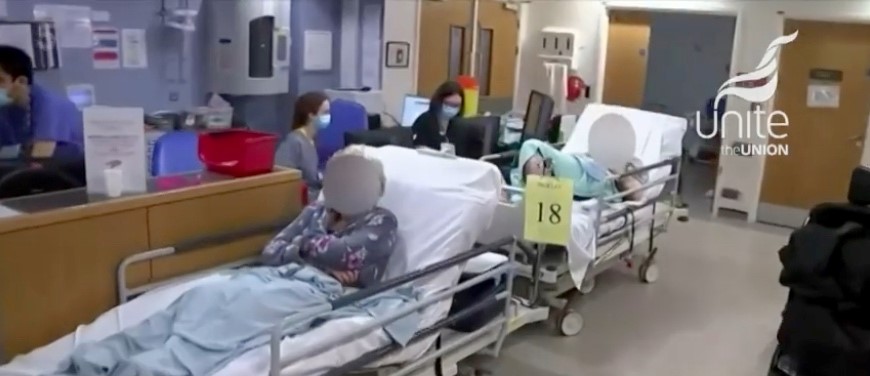‘Final wake-up call’
As the NHS suffers a growing retention and recruitment crisis, new figures reveal that Brexit may be compounding the problem.
The number of EU nurses and midwives coming to the UK to work has plummeted by 89 per cent since the referendum vote, while the number leaving the Nursing and Midwifery Council (NMC)’s register has shot up by 67 per cent.
The latest figures published today (November 11) from the NMC’s register – which comprise nurses and midwives who have met the organisation’s standards and are qualified to practice in the UK – show that the problem is getting worse with each successive year.
Between October 2015 and September 2016, a year after the EU referendum, 2,435 EU nurses and midwives left the NMC register, while in the last year, this number has skyrocketed to 4,067.
Nurses and midwives from the EU leaving in droves is happening against a backdrop of nurses from the UK leaving as well.
In fact, for the first time ever, more people are leaving the NMC register than are joining it, the Council highlighted.
And it’s not just nurses and midwives taking part in the mass exodus of the NHS with no one to replace them as demand for services skyrockets – more than 86,000 NHS posts were vacant earlier this year.
NMC chief executive and registrar Jackie Smith called the Council’s latest figures â€worrying.’
“We are seeing a continuing rise in nurses and midwives leaving the register and our data is clear that this is being driven by both UK and EU registrants,” she said.
“These figures continue to highlight the major challenges faced by the UK’s health and care sectors around the recruitment and retention of staff. Nurses and midwives work incredibly hard in very difficult circumstances.”
‘Disturbing’
Unite head of health Sarah Carpenter called the latest NMC findings â€disturbing’ and said that they were “further evidence, if more were needed, that the NHS needs a massive cash injection, with a large tranche earmarked for a generous pay rise for staff.
“The NHS has been buffeted by austerity-driven cuts and services are at breaking point – since 2010 the majority of the NHS workforce has seen their pay packets eroded by at least 14 per cent in real terms,” she added.
Unite’s call comes as NHS and social care leaders this week issued a clarion call to chancellor Phillip Hammond in a letter demanding more investment and an end to the public sector pay cap as the chancellor prepares for his Autumn budget on November 22.
Carpenter agreed, and criticised the health secretary Jeremy Hunt who said on Monday (October 30) that potential pay rises would likely be dependent on productivity.
“This is not the time for the chancellor to indulge in clever accounting tricks linked to so-called â€productivity’ savings,” Carpenter argued.
She said the growing list of evidence showing a major staffing crisis in the health service “is the final wake-up call on NHS pay to staunch the rapidly increasing exodus of highly skilled staff.
“And it should not be forgotten that pay for nurses, health visitors and midwives is the remit of the independent pay review body (PRB). Its recommendations should be honoured and fully funded by the Treasury.”
Unite lead professional officer for regulation Jane Beach added, “What the NMC is reporting is a major concern for the nursing profession and for patient safety.
“Health secretary Jeremy Hunt keeps repeating the mantra that there are more nurses which does not add up.
“With the increase in workloads, those who can retire are doing so as soon as they can and many others are leaving to work in other areas.
Beach highlighted that Unite’s nurse members are struggling to manage financially.
She said, “Unite branches have had to make emergency payments so registered nurses can make ends meet.”
 Like
Like Follow
Follow


